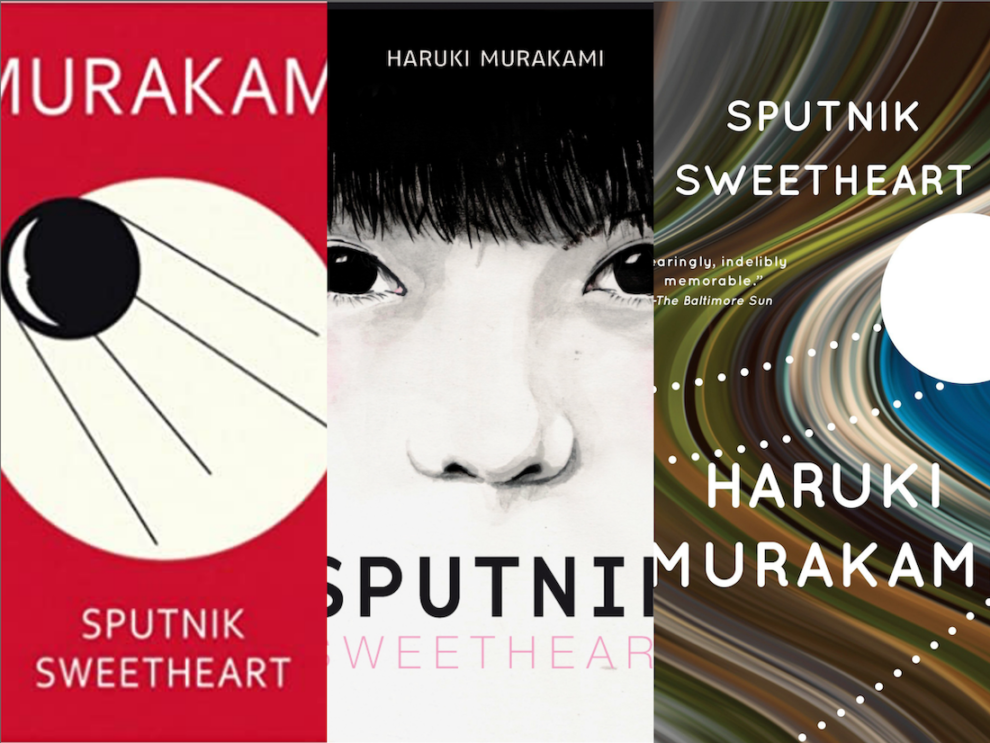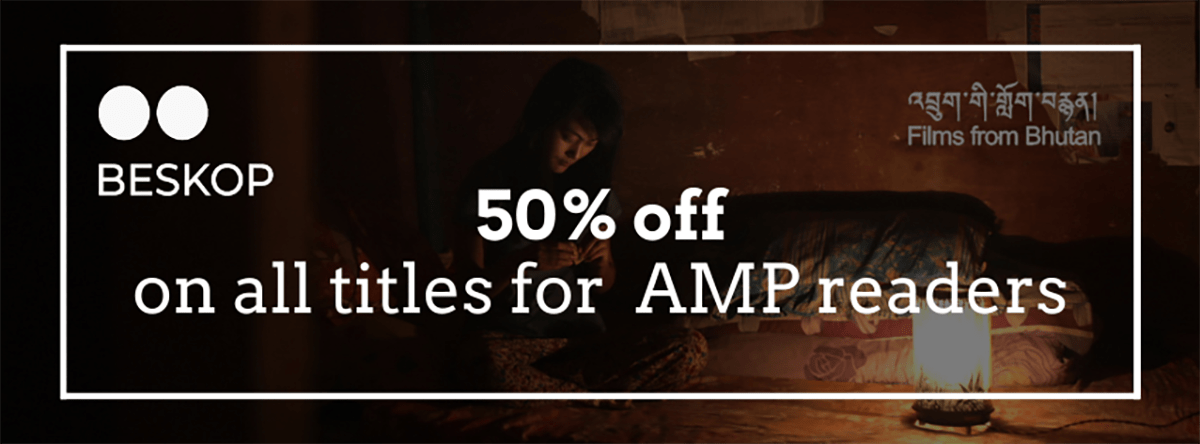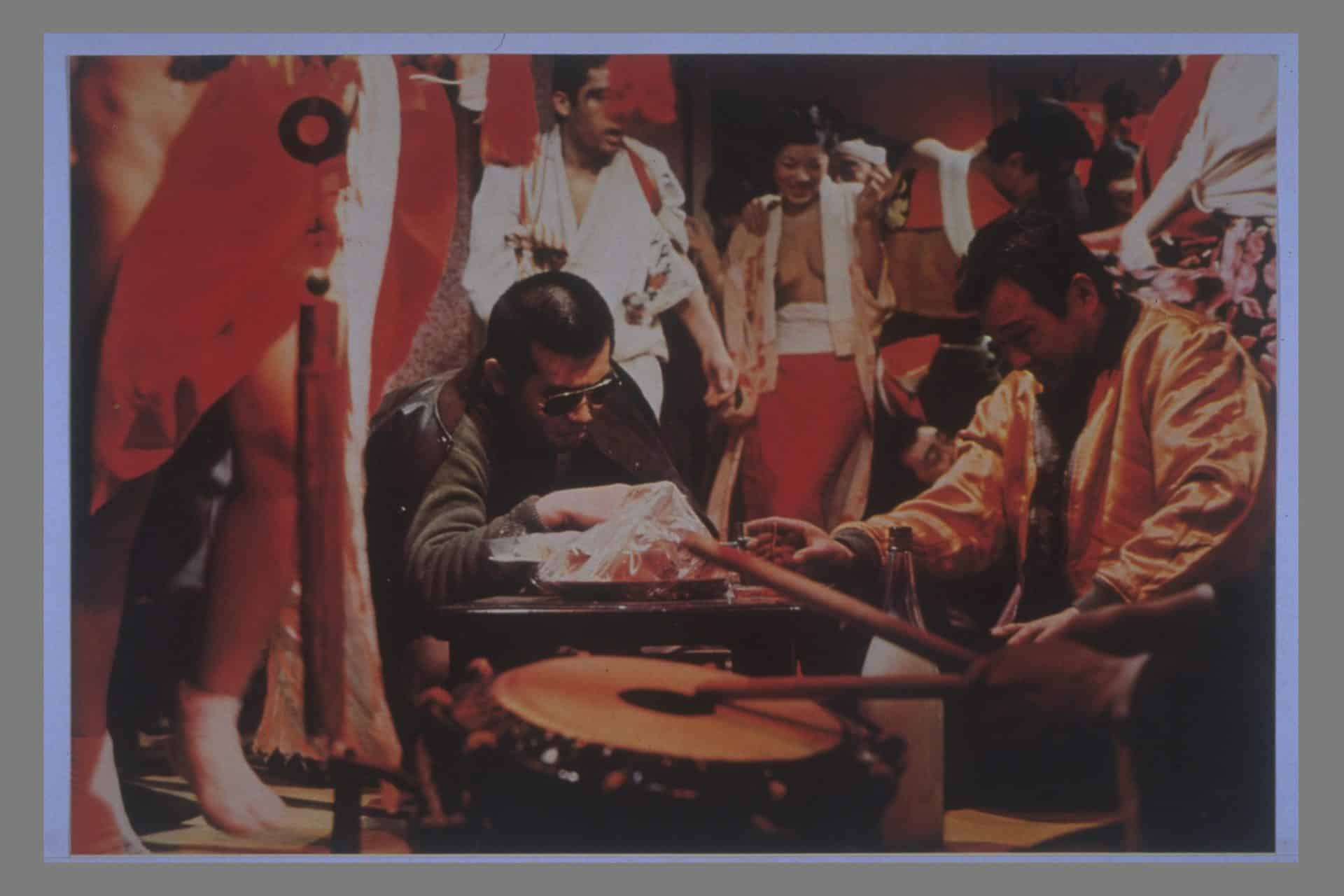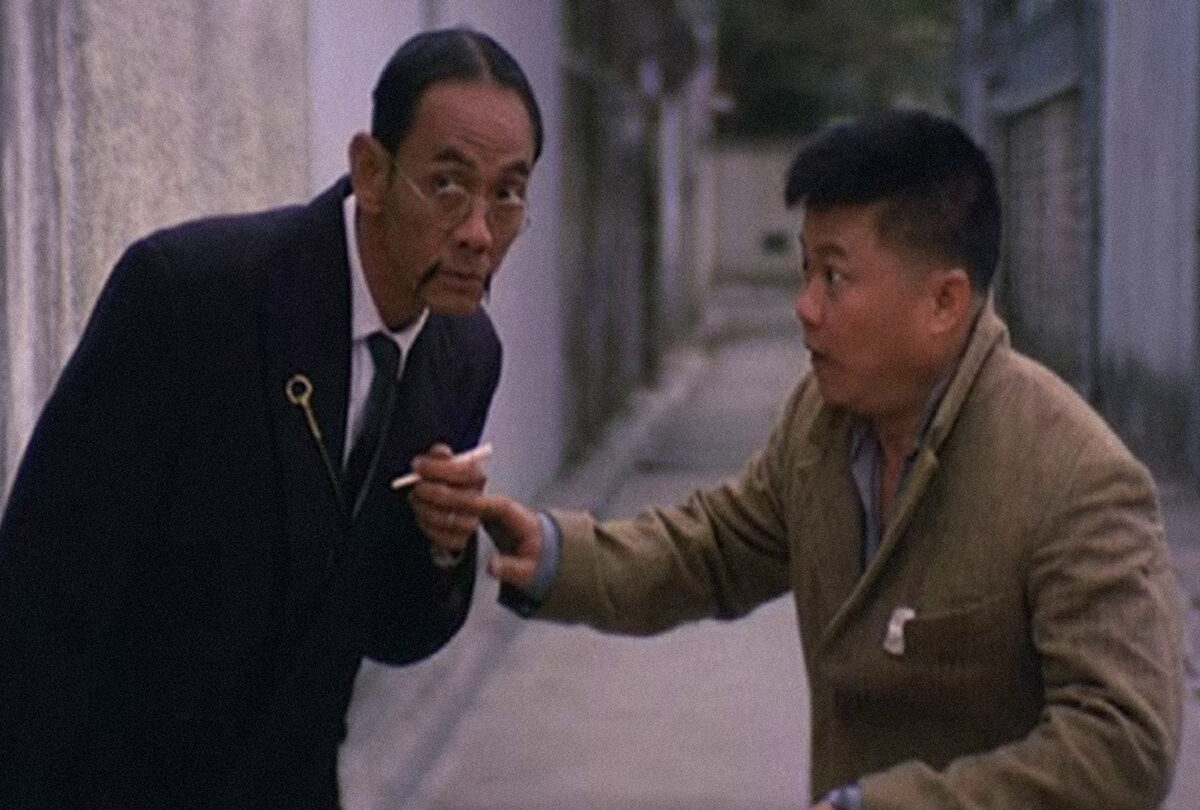Haruki Murakami spent the years between 1986 and 1989 in Italy and Greece, where he wrote “Norwegian Wood” and “Dance, Dance, Dance”. Ten years later, he revisited Greece through “Sputnik Sweetheart”, a novel that stands out from the plethora of his works, although not only for good reasons.
Buy This Title
The story revolves around three characters. Sumire is a 22-year-old aspiring author who seems to roam her life without any sense of purpose. She only has one friend, K, whom she tends to call in the most inappropriate hours, at least when she is not crashing in his house. K is in love with her, but she does not share his feelings, something that has made him indulge in a number of affairs, with the most recent being with the mother of one of the students of the school he teaches. Eventually, Sumire meets Miu, a woman 17 years older than her, and falls in love, despite the fact that she is so much different from her, filled with glamour and running a business of wine imports. However, Miu also seems to like her, eventually hiring her, teaching her how to dress and in general to conduct herself, and even taking to her on a trip that ends up in a Greek island. At one point though, Miu calls K and asks him to come to Greece immediately.
Haruki Murakami writes a book in his regular style, which allows the narrative to flow in the most exquisite fashion, also assuring a readability of the highest level. The bon viveur elements are also here once more, although jazz and classical music are this time, substituted by a rather thorough analysis of wines. Furthermore, the description of Greece at the time is rather accurate, with Murakami having caught most of the elements that characterize the Greeks, particularly during the summer.
The comments this time focus on unrequited love, with the triangle that is shaped by the three protagonists allowing Murakami to avoid the clichés of the concept. At the same time, he also touches upon the concept of platonic love, while the last part deals with human nature, particularly that of children, and also with parenting, as a concept though, that helps more the parent than the child, as exhibited in the interactions between Carrot and K.
At the same time though, the command of the medium is not of the same level as the best of Murakami's works. For starters, the change of perspective, which includes the three characters speaking in the first person on occasion, but also a third-person perspective, is not handled that well, and particularly in the beginning, it becomes a bit disorienting. Secondly, the trademark surrealism gets a bit overboard this time, spilling into the realism of the narrative in hyperbolic ways, essentially dulling the impact of some of the comments in the book. The fact that the end gives, at least a kind of closure, and consequently, satisfaction to the reader who does not want his/her ending open also does not work well, since Murakami has actually perfected the exact opposite. Lastly, the last part and the interactions with Carrot seem almost completely out of context, having little to do with the rest of the book, to the point that it looks like a short story was added to the main one in order to make the book longer.
These faults do not mean that the level of literature here is not high, and the book is actually quite joyful to read. However, they do place it some levels lower than his best works, and the fact remains that “Sputnik Sweetheart” would be better without the aforementioned, last arc.
Murakami fans will enjoy “Sputnik Sweetheart”, which remains though, not one of his best works.
















